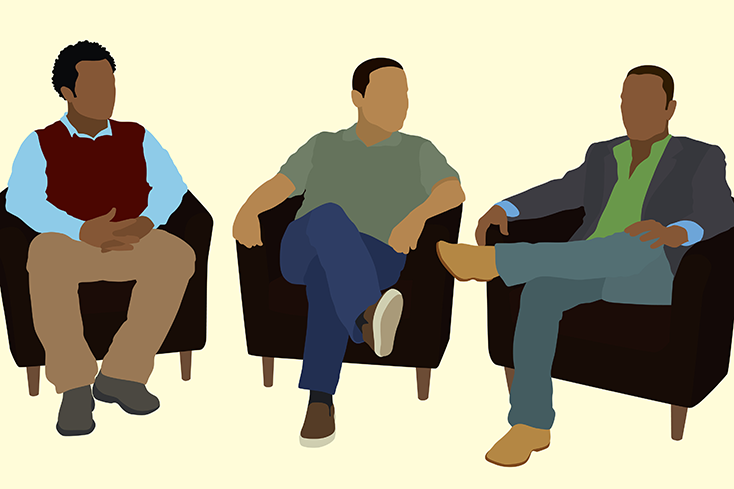Mental health is a very important because it affects many people. Men, women, children and teens. Men’s mental health, however, is like a dark horse because while it is just as important, many people do not talk about it as much.
The importance of mental health affects the majority: men, women, children and teens. Specifically, men’s mental health, however, is like a dark horse because while it is just as important, many people do not talk about it as much.
Society definitely has an importance in why men’s mental health is not spoken about because in society, men should be strong and they should have to hold in their feelings and emotions, but that is not always the case.
Society has a way of redefining why men’s mental health is not spoken about based on stereotypes like men should be strong and should have to hold in their feelings and emotions, but that is not always the case.
Stephen A. Moore, a 25-year-old who teaches at Florida A&M University Developmental Research School, says men’s mental health affects more than just people’s mental.
“The most stress comes from student behavior,” Moore said.
Moore says that in the teaching profession there are many hours that they work in a day, and even outside the classroom as well.
“Teachers, especially the more successful ones, they work so much outside the school hours,” Moore said.
Moore is also a member of the Boyz of Poison, a dance organization on FAMU’s campus. Having a lot of different activities can bring stress as well.
“I am president now, but I try not to let it stress me though,” Moore said. “The dancing aspect should be an outlet, and so I try to use it as more of an outlet rather than more of a stressor.”
The stereotype of men not being able to show emotion weighs heavily when it comes to talking about mental health because men have to be strong and put their feelings aside. Moore says this stereotype makes him feel different.
“I kind of am like an outlier because I have no problem expressing my feelings and being vocal about my feelings,” Moore said.
Marissa Batie-Collier, a life coach, social worker, and motivator, has worked for SG Mental Health for a while.
She says men shouldn’t be scared to talk about their mental health and how they are feeling. They should be more open to talking and not worrying about the stereotypes and how society views them.
“It is so rewarding to see that, you know, we are taking our mental health seriously,” Batie-Collier said. “We take on a whole lot more than we need to.”
Batie-Collier explained that many people, male or female, who come in are at their last straw and really are looking for help.
There are a lot of men who are afraid to ask for help or seek help. The age range that she helps is from age five to age 50. She tends to mainly black and brown skin clients.
“You have to meet the client at where they are,” Batie-Collier said. “Understanding what the cultural norms [are], and really being attentive.”
Mental health in men is different than it is with a woman. Women’s mental health will always be in the limelight, but men’s will not be as much.
“The people that you associate with, realizing who’s safe and who is unsafe,” Batie-Collier said.
November marked men’s mental health month, so shining a light on the topic is important. For more information, head to the National Institute of Mental Health for more information on Men and Mental Health.













